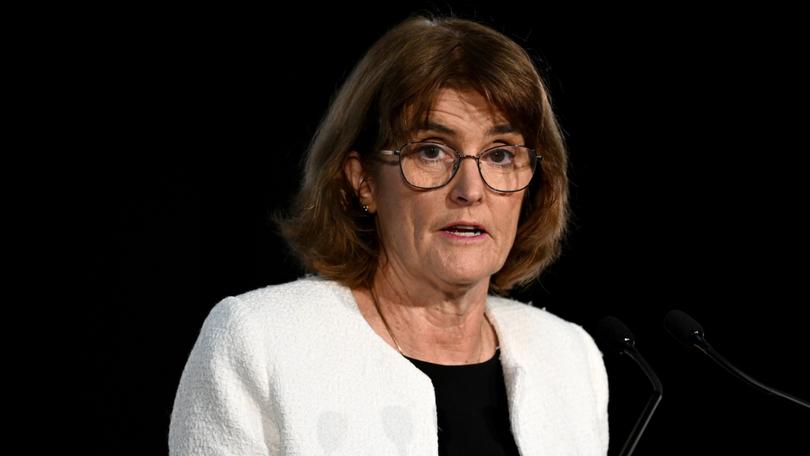Judo Bank’s Warren Hogan says consumer recovery is under way so there’s no need to cut interest rates

Financial markets reckon an interest rate cut next week is very likely, but Judo Bank’s Warren Hogan has warned the Reserve Bank should be cautious.
Mr Hogan was optimistic Australia’s economy is in recovery mode after a year of growth that was close to the weakest level in decades.
“Consumer recovery is well under way,” Mr Hogan said in a research note on Monday.
Sign up to The Nightly's newsletters.
Get the first look at the digital newspaper, curated daily stories and breaking headlines delivered to your inbox.
By continuing you agree to our Terms and Privacy Policy.He said retail spending growth had beaten market expectations in the final quarter of 2024. Manufacturing cost pressure was at its highest level in two years, the Judo Bank economist said.
“With data on business conditions, consumer spending, employment, and wage pressures all highlighting the solid footing the Australian economy is on heading into 2025, the economic case calls for further caution from the RBA.”
Markets predict a roughly 95 per cent chance the RBA will lower rates next Tuesday. That would be the first downward move since November 2020.
But Westpac reckons inflation is set to tumble, aided by an easing of housing pressure on the east coast.
The big four bank has tipped headline inflation will be as low as 2 per cent through the year to March. Core inflation would be 2.7 per cent.
That would be good news for the RBA, which wants to be confident the core measure is headed back to the 2 to 3 per cent target range before easing rates.
It comes after quarterly inflation data in late January showed strong signs inflation was coming under control.
“The step down in core inflation was due to a moderation in housing costs as well as disinflation in clothing &footwear and deflation in durable goods,” Westpac senior economist Justin Smirk said.
“This has resulted in a downward revision to our inflation forecasts. At June 2025, we now expect the CPI to print 1.7 per cent (for the year).”
Commonwealth Bank’s Gareth Aird predicted an 80 per cent chance of a February rate cut and said forecasts for wages, inflation and the jobs market would likely be downgraded.
“We are quite confident the RBA will start the process of removing some restrictiveness at the February Board meeting,” he said.
Originally published on The Nightly
